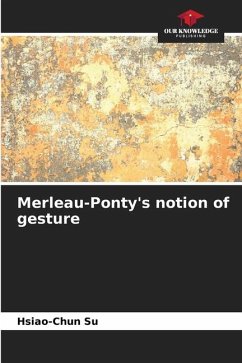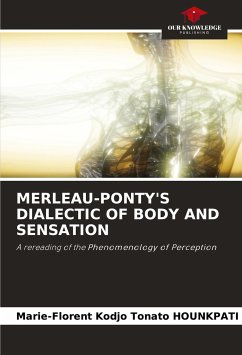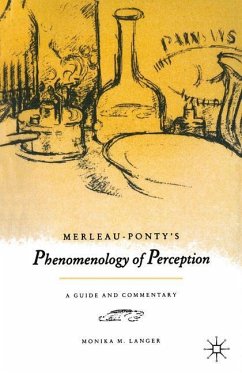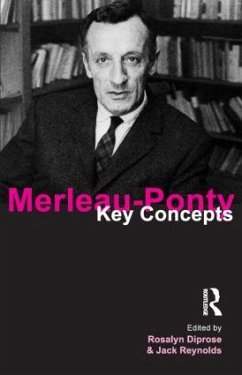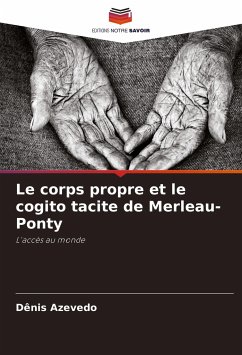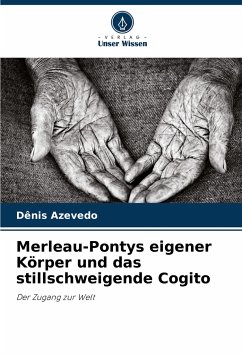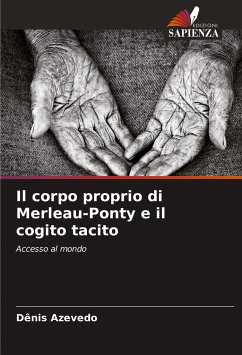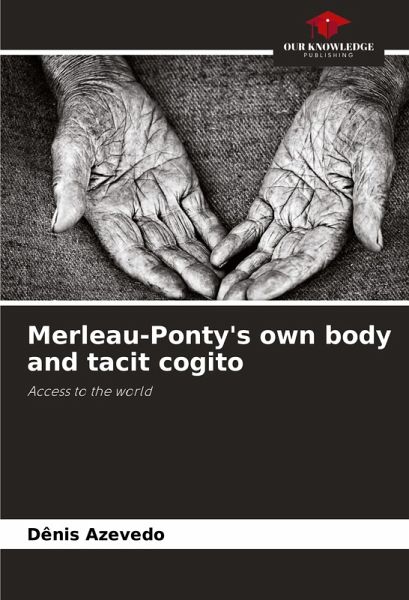
Merleau-Ponty's own body and tacit cogito
Access to the world
Versandkostenfrei!
Versandfertig in 6-10 Tagen
41,99 €
inkl. MwSt.

PAYBACK Punkte
21 °P sammeln!
Merleau-Ponty's phenomenology, with its concern not to place the subject or the world as precedence for understanding the relationship between being and the lived world, breaks with the main philosophical currents of modernity, namely intellectualism and empiricism. To overcome this, Merleau-Ponty uses the notion of his own body and approaches perception from the point of view of the perceiver. As a result, the being in the world, situated in its surrounding world, is in a constant relationship with it, without ever distinguishing itself. The cogito, therefore, elevated to absolute status by D...
Merleau-Ponty's phenomenology, with its concern not to place the subject or the world as precedence for understanding the relationship between being and the lived world, breaks with the main philosophical currents of modernity, namely intellectualism and empiricism. To overcome this, Merleau-Ponty uses the notion of his own body and approaches perception from the point of view of the perceiver. As a result, the being in the world, situated in its surrounding world, is in a constant relationship with it, without ever distinguishing itself. The cogito, therefore, elevated to absolute status by Descartes, is once again "mundane" in this phenomenological philosophy. Thought no longer has the power to "swallow" everything apart from the world. To be in the world, in short, is to be situated in an experiential effectiveness, in which subject and world intertwine in a mutuality that forms the only possible experience. Finally, this article will deal with this overcoming of phenomenologyin the face of the egoic absolutism left by Descartes' intellectualism.





